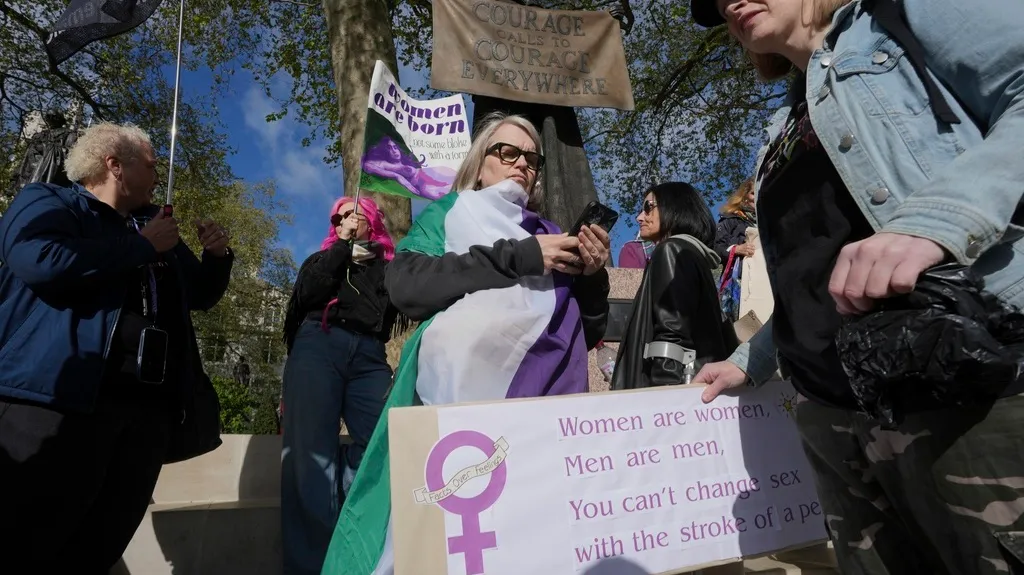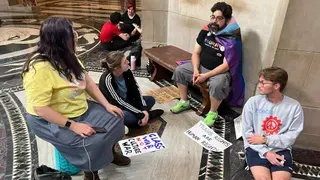May 26, 2009
Immigration attorneys to speak at Worcester panel
Joe Siegel READ TIME: 3 MIN.
Immigration attorneys Richard Iandoli and Maureen O'Sullivan will speak about immigrants with HIV/AIDS and the issues they face at the Worcester Public Library this Friday.
Iandoli is a partner at the law firm Iandoli and Associates in Boston. He has specialized in American immigration law for the past 32 years and has lectured on immigration matters to several prestigious organizations. These include the Massachusetts and Boston Bar Associations, the National Lawyers Guild, the American Immigration Lawyers Association (nationally and locally), the Massachusetts Continuing Legal Education, as well as Boston College and Harvard University Schools of Law.
O'Sullivan is a partner at the Boston law firm Kaplan, O'Sullivan, and Friedman and is the 2002 recipient of the Elmer Fried award from the American Immigration Lawyer's Association for excellence in teaching immigration law.
Both lawyers will almost certainly speak about the ban against immigrants with HIV/AIDS from legally entering the country.
Then-U.S. Sen. Jesse Helms [R-N.C.) offered the ban as an amendment to a bill funding the availability of the antiretroviral drug Zidovudine (AZT) in 1987. Congress almost unanimously passed the measure, in part, to obtain AZT funds.
In October 1992, the ban led to the quarantine of nearly 100 Haitians with HIV at the U.S. Naval Base in Guantanamo Bay in Oct. 1992. The detentions sparked outrage among international human rights organizations.
Congress once again codified the ban in 1993, but former President George W. Bush ended the statutory ban on people with HIV/AIDS entering the country last July. Until now, only HIV was singled out in the immigration law for exclusion. In signing the President's Emergency Plan for AIDS Relief, Bush repealed the statutory ban on HIV-positive tourists and immigrants, and restored jurisdiction to the Department of Health and Human Services to determine whether HIV is a "communicable disease of public health significance."
Tourists and immigrants with HIV continue to face discrimination in spite of Bush's decision.
"The United States has finally ended the practice of mandating discrimination against HIV-positive people," Victoria Neilson, legal director of Immigration Equality, said. "By removing the statutory ban on entry for HIV-positive foreign nationals, Congress has sent a clear signal that we can't fight discrimination and stigma abroad until we end them at home. Congress has done its part - now it's time for HHS to act."
Neilson added she feels immigration policies disproportionately affect LGBT immigrants because close family relationships with U.S. citizens or legal permanent residents are generally required to seek HIV ban waivers, and same-sex relationships are not recognized under current immigration law."
San Angelo [Texas] Mayor J. W. Lown's abrupt resignation earlier this month to help his partner obtain a visa in Mexico so he could immigrate to the United States is the latest in a series of cases that highlight the problems LGBT immigrants face. Waivers are available to the married spouse of an American citizen, but few other options are available.
"If it's something other than (a married spouse or relative), there's really no waivers so there's virtually no way to get someone in (to the United States)," Iandoli explained.
Another problem is the waivers are only granted for 30 days at a time.
"There's no waiver for longer, and there's no waiver for students or temporary workers or any category," Iandoli said.
Iandoli added he hopes the White House will modify the immigration policy within the next year, but has his doubts.
"We don't know if they're going to do it for sure or what the precise language will be," Iandoli said.
Joe Siegel has written for a number of other GLBT publications, including In newsweekly and Options.







